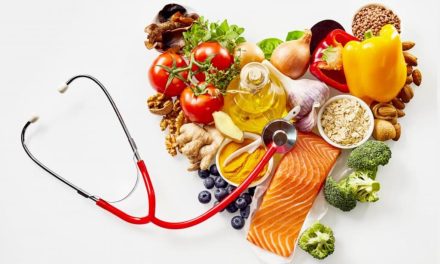Do not go on drinking only water, but use a little wine for the sake of your stomach and your frequent ailments Simply put, wine is fermented grape juice used as an alcoholic beverage. While red wine grapes are fermented with the skin on, which gives the wine its color and provides beneficial plant compounds, grapes for white wine have their skin removed and are not as rich in plant compounds. [1, 2] Wine contains ethanol (alcohol) which blocks various nerve pathways in the brain and contains chemicals that might have beneficial effects on the heart and blood circulation. [3] Wine is the most frequently mentioned alcoholic beverage in the biblical literature, both as a source of symbolism and important part of daily life in biblical times. [4] Ethanol has a number of uses including the manufacture of drugs used in the treatment of a number of ailments. Furthermore, research suggests that drinking an occasional glass of red wine which has higher levels of anti-oxidants than white wine has possible health benefits such as: [5] Other potential benefits of light to moderate alcohol consumption include: reduction in ischemic stroke, reduced risk of death from a heart attack, improved cognitive function in the elderly, lower risk of developing Type 2 Diabetes, and reduced risk of H. pylori infection –a digestive tract infection that can lead to ulcers. [3] However, despite the benefits mentioned above, nothing beats eating a healthy diet and being physically active; as even moderate alcohol use isn’t risk-free even in light drinkers (those who have no more than one drink a day) who have a tiny, but real, increased risk of some cancers, such as esophageal cancer. [10] Hence, when consuming alcohol even in minimum amounts, you should consider your medical background (presence of underlying ailments that may be worsened by alcohol consumption such as stroke and high blood pressure, pancreatitis and liver disease) and family history (risk of developing certain types of cancers including breast cancer and cancers of the mouth, throat, esophagus and liver). The bible clearly warns us not to be drunk with wine (which speaks of excess consumption) but rather to be filled with the Holy Spirit. (Ephesians 5:18, Proverbs 20:1, Titus 2:3) There are those who have chosen to consecrate themselves by completing abstaining from alcohol, this is also biblical. For example, John the Baptist abstained from alcohol. Yet there are those who based on their level of maturity and walk with God, personal convictions, understanding of scripture and leading (health, tradition and customs) consume minimum amounts of alcohol. What is most important is that we ask ourselves two (2) key questions –What’s the real motive behind my consumption of alcohol, and do my actions glorify God knowing that my body is the temple of the Holy Spirit? (1 Corinthians 6:12-20) These are thought-provoking questions that require sincere answers, some of which are guided by motives that can only be judged by God. But I, the LORD, search all hearts and examine secret motives. I give all people their due rewards, according to what their actions deserve.” –Jeremiah 17:10. God Bless! REFERENCES Mayo Clinic. Alcohol use: Weighing risks and benefits
Text to Speech Demo
–1 Timothy 5:23 (NASB)
USE A LITTLE WINE












Recent Comments